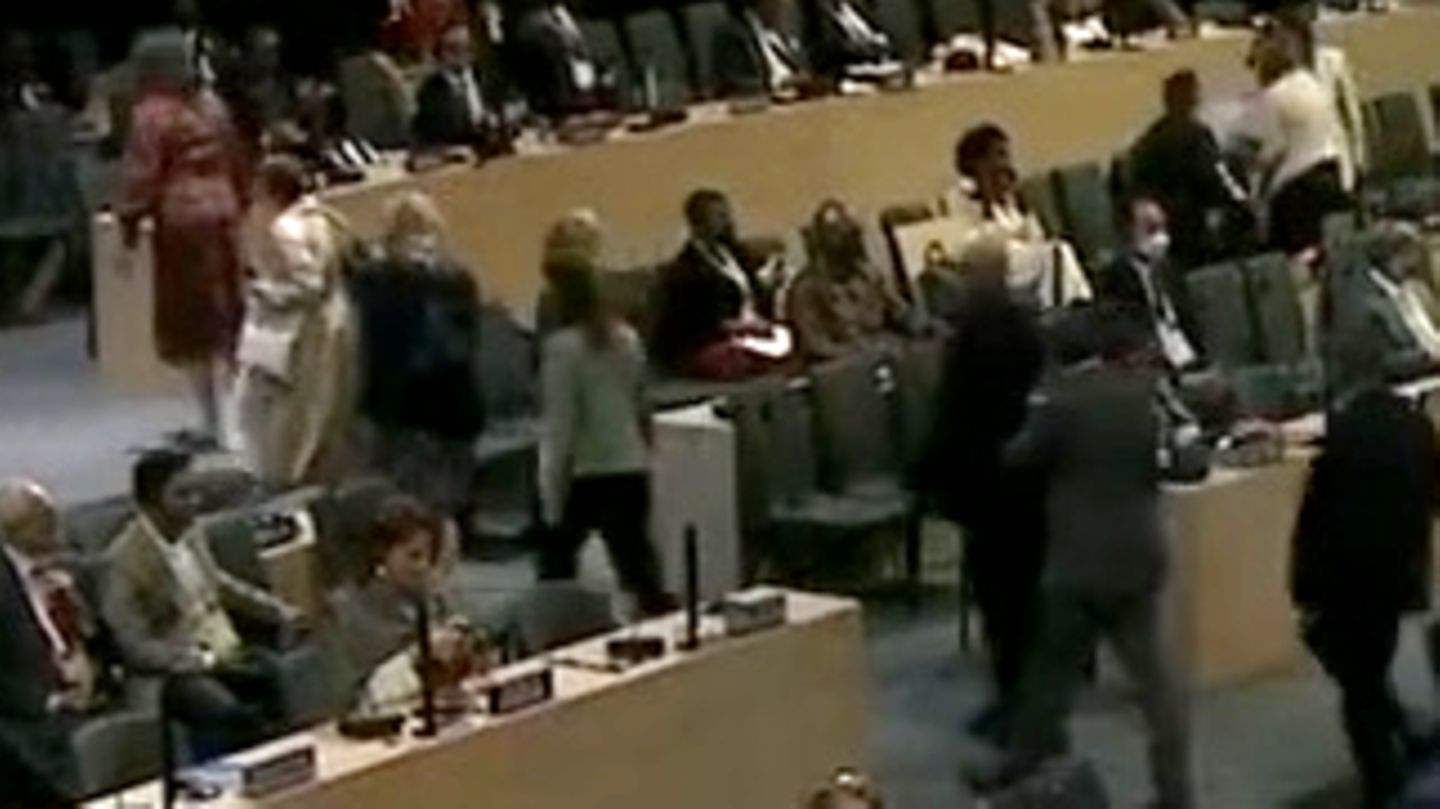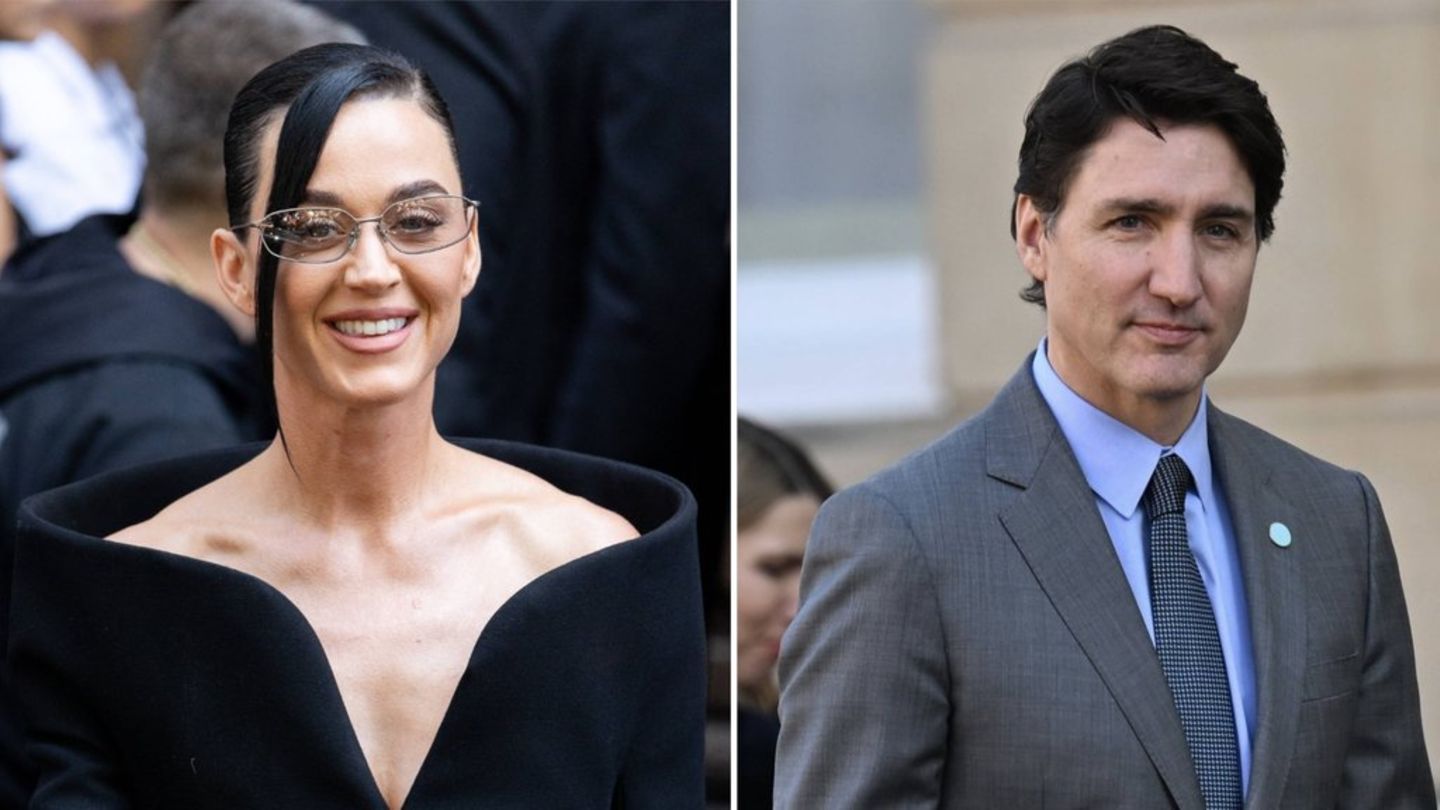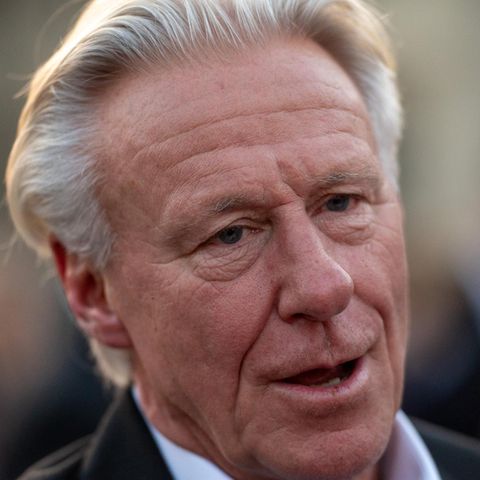For three days, around 120 UNESCO countries in Mexico discussed cultural policy. At the end of the conference, many of them took aim at Russia’s war against Ukraine – with a joint declaration and protest action.
At the end of a UNESCO conference in Mexico City, representatives of numerous countries protested against Russia’s war of aggression in Ukraine. Dozens of delegates temporarily left the hall on Friday (local time) when the Russian representative took the floor. The boycott took place during the final session of the Mondiacult World Conference on Cultural Policy and Sustainable Development, convened by the United Nations Educational, Scientific and Cultural Organization in Mexico City. Representatives from around 120 countries took part in the three-day event.
48 Unesco countries demand Russia’s withdrawal from Ukraine
Lithuanian Culture Minister Simonas Kairys first denounced Moscow’s “unjustified and illegal aggression” against Ukraine on behalf of 48 countries and called on Russia to withdraw from the neighboring country. Kairys, speaking on behalf of the European Union, Canada, the United States, Japan and others, said that since the Russian invasion on February 24, Unesco has identified at least 193 Ukrainian cultural sites, including museums, libraries, cultural centers and historical buildings, damaged and looted have.
When the Russian delegate, Sergei Obivalin, took the floor and dismissed the plenary’s criticism as “unacceptable,” dozens of participants rose and left the meeting room.
A good seven months after the start of the Russian invasion, Moscow annexed four areas in eastern and southern Ukraine on Friday. At an event, Kremlin chief Vladimir Putin signed the agreements that sealed the incorporation of the occupied regions of Luhansk, Donetsk, Zaporizhia and Cherson.
The Unesco meeting, which has been described as the largest of its kind in 40 years, finally ended with 150 countries adopting a declaration reaffirming culture as a “global public good”. The signatories called for “substantial regulation of the digital sector, especially the big platforms, to benefit online cultural diversity, artists’ intellectual property rights and fair access to content for all.
Governments also pledged to step up the fight against the illicit trade in cultural objects and appealed to art dealers not to offer objects of unknown provenance for sale. Unesco announced the creation of a virtual museum for stolen cultural objects in cooperation with Interpol.
Sources: ,
Source: Stern
David William is a talented author who has made a name for himself in the world of writing. He is a professional author who writes on a wide range of topics, from general interest to opinion news. David is currently working as a writer at 24 hours worlds where he brings his unique perspective and in-depth research to his articles, making them both informative and engaging.




